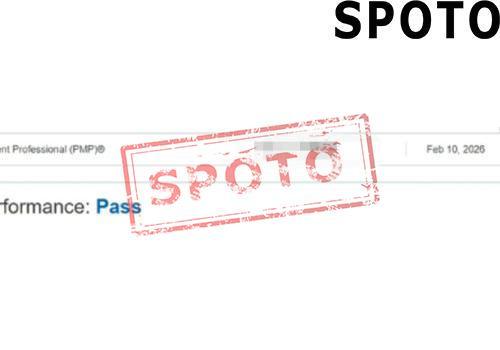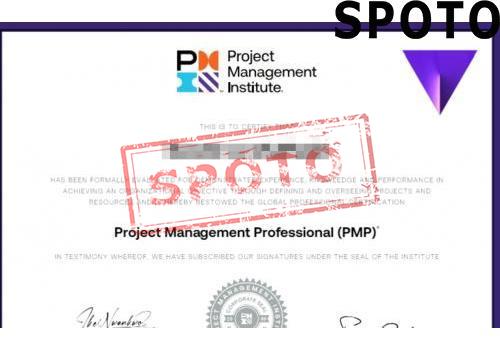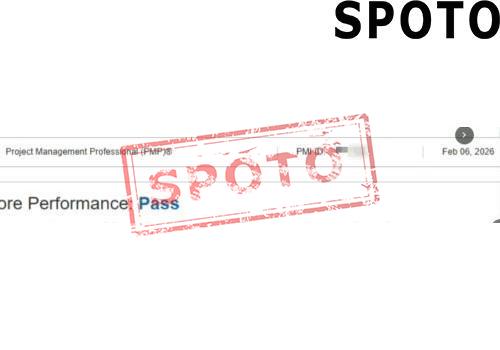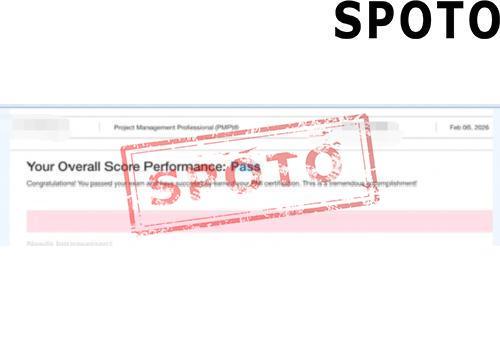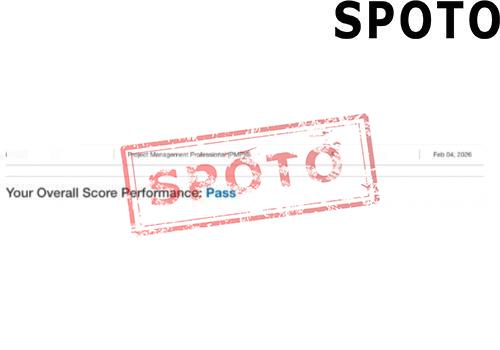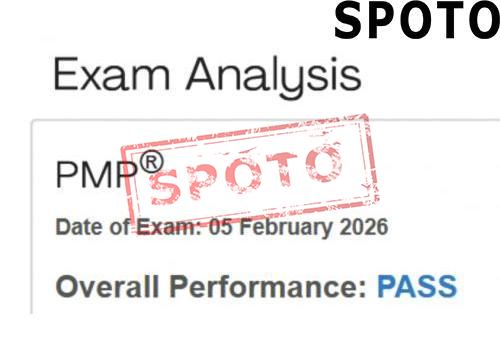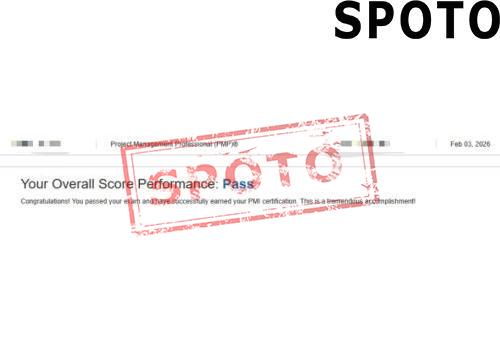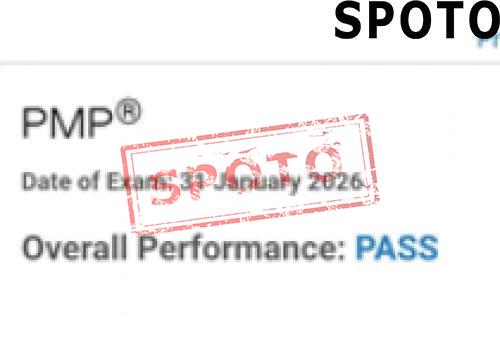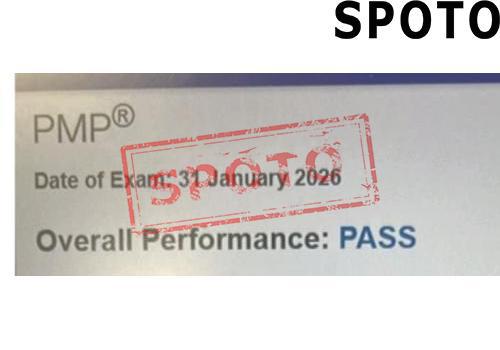
The Project Management Professional (PMP) certification, offered by the Project Management Institute (PMI), is one of the most prestigious credentials for project managers. It demonstrates your expertise in leading and managing projects effectively. However, passing the PMP exam on your first attempt requires a solid strategy, commitment, and the right study resources. This guide will walk you through the key steps to ensure your success.
Understanding the PMP Exam Structure and Requirements
The PMP exam consists of 180 multiple-choice questions covering three domains:
-
People – Managing teams, leadership skills, conflict resolution, and stakeholder communication.
-
Process – Project planning, execution, monitoring, risk management, and methodologies (Agile, Hybrid, and Predictive).
-
Business Environment – Strategic alignment, compliance, and organizational influences on projects.
To qualify for the exam, you must meet the following prerequisites:
-
If you have a four-year degree, you need 36 months of project management experience and 35 hours of formal project management education (or a CAPM certification).
-
If you have a high school diploma or associate degree, you need 60 months of project management experience and 35 hours of formal project management education.
It is crucial to review these requirements early to ensure you meet them before applying for the exam.
Study Materials and Preparation Strategy
Success on the PMP exam requires high-quality study materials and a well-structured study plan. Start with the PMBOK Guide (Project Management Body of Knowledge), the official PMI textbook, but don't rely on it alone. Many wise candidates also turn to online platforms like SPOTO, which provide structured lessons, video explanations, and practice tests to reinforce learning. Additionally, joining PMP study groups or online forums can be beneficial for discussing complex topics and staying motivated.
A structured study plan should include at least 8-12 weeks of dedicated preparation. Here's a general timeline you can follow:
-
Week 1-2: Read the PMBOK Guide thoroughly to understand key concepts and terminology.
-
Week 3-4: Take chapter-wise quizzes to test your comprehension and identify weak areas.
-
Week 5-6: Deep dive into difficult topics, review additional study materials, and reinforce learning with flashcards.
-
Week 7-8: Take full-length practice exams under timed conditions to build stamina and improve time management.
-
Week 9-10: Focus on reviewing missed questions, memorizing formulas, and revisiting challenging concepts.
Consistency is key. Try to dedicate at least 2-3 hours per day to studying, ensuring you balance reading, practice questions, and review sessions.
Mastering Exam-Taking Strategies
A well-prepared candidate not only studies the material but also understands how to approach the exam. Here are essential strategies for success:
-
Time Management: Flag tougher ones to revisit later.
-
Eliminate Incorrect Answers: If you're unsure about a question, eliminate the most obviously incorrect choices first to improve your odds.
-
Understand the Intent of the Question: The PMP exam tests your ability to apply knowledge in real-world scenarios. Read carefully and focus on what the question is truly asking.
-
Stay Calm and Focused: Maintain confidence, and don't panic if you encounter difficult questions. Mark them for review and move forward.
One of the most effective ways to prepare is by taking at least 3-5 full-length mock exams. These practice tests help familiarize you with the format, improve time management, and identify weak spots that need more attention. A good target is to consistently score above 80% on practice exams before attempting the real test.
Final Preparations and Exam Day Tips
Once you feel confident in your preparation, it's time to schedule your PMP exam through PMI's website or a Pearson VUE testing center. Make sure you:
-
Confirm Your Exam Date early to get a slot that fits your schedule.
-
Prepare Your Exam Kit, including identification, confirmation details, and allowed materials.
-
Get a Full Night's Sleep before the exam—rested candidates perform better.
-
Arrive Early (for in-person exams) or set up your online proctored exam space properly.
-
Stay Hydrated and Take Deep Breaths to maintain focus and calm nerves.
Conclusion
Passing the PMP exam on your first attempt is absolutely possible with the right preparation strategy. By understanding the exam format, following a structured study plan, utilizing high-quality study materials, practicing with mock exams, and mastering test-taking strategies, you can approach exam day with confidence. The PMP certification is a valuable career asset that sets you apart as a skilled and knowledgeable project manager.
If you're serious about taking your career to the next level, start your PMP study journey today—and soon, you'll be celebrating your success as a certified PMP!
